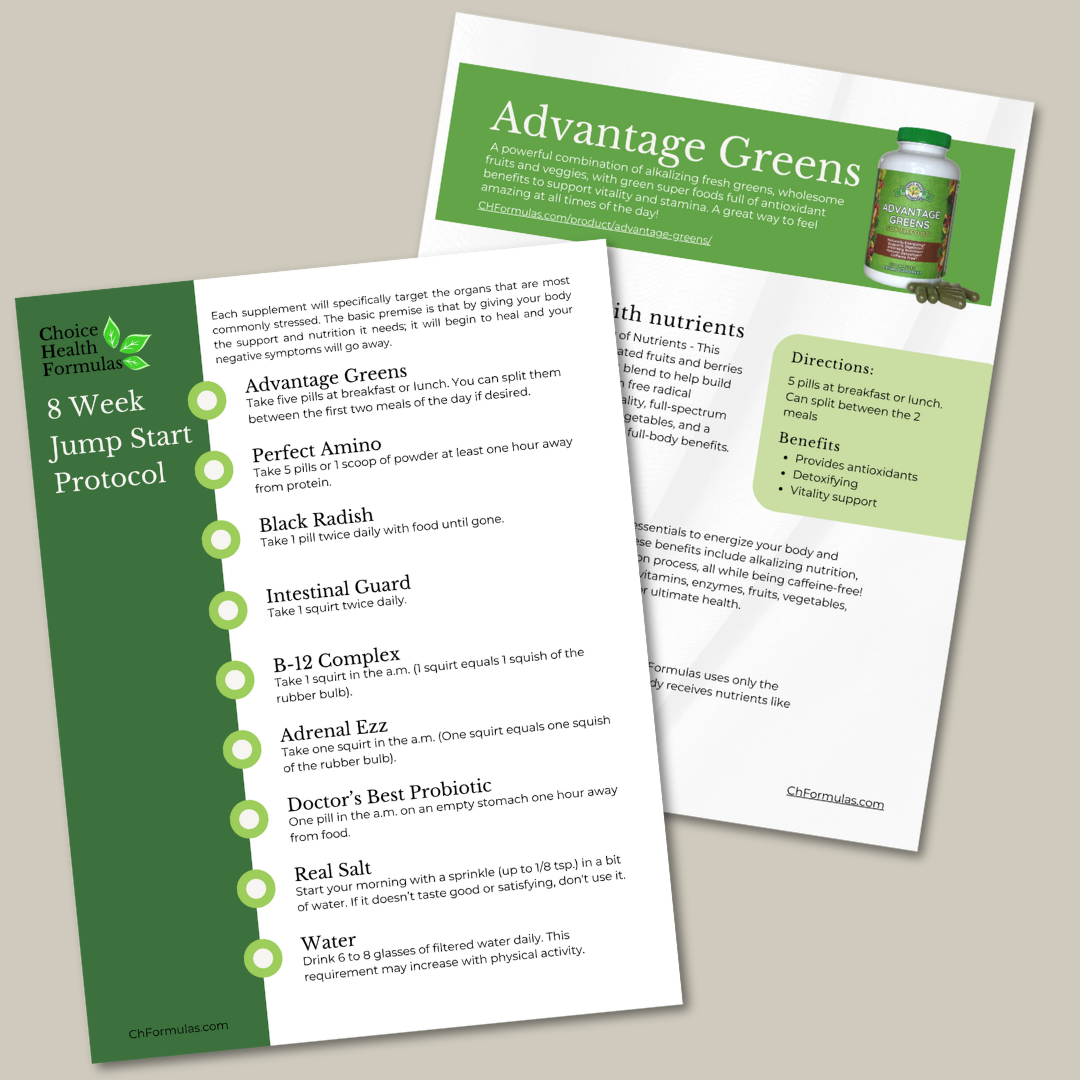Do I Have Insomnia?
Today we’re diving into a critical question: Do I have insomnia?
Understanding Insomnia
Insomnia is a sleep disorder characterized by difficulty falling asleep, staying asleep, or waking up too early without being able to return to sleep. If you find yourself asking, “How do I know if I have insomnia?” or “Do I have sleep insomnia?”—it might be time to evaluate your sleep patterns.
Insomnia isn’t just about the number of hours you sleep; it’s also about sleep quality. Poor or fragmented sleep can prevent your brain from recovering fully, leaving you tired and unrefreshed the next day.
Chronic insomnia is defined as sleep difficulties occurring at least three nights a week for three months or more. Recognizing these patterns is essential in determining whether you’re experiencing chronic insomnia or occasional sleeplessness.
Causes of Insomnia
Several factors can contribute to insomnia, including:
- Stress
- Metabolic issues (e.g., nervous system or blood sugar imbalances)
- Nutritional deficiencies
Often, these factors overlap, making a systematic approach to treatment essential.
How Do I Know If I Have Insomnia?
Proper diagnosis involves ruling out other conditions with similar symptoms. Here are some possibilities:
- Sleep apnea: This condition causes interrupted breathing during sleep, reducing oxygen levels and waking you up.
- Mouth breathing: This can also lower oxygen levels, even without sleep apnea.
A healthcare provider will typically assess your sleep patterns, stress levels, and underlying health conditions to determine if you meet the criteria for insomnia.
Addressing Mouth Breathing and Other Issues
If mouth breathing contributes to your sleep troubles, consider mouth tape. This simple solution promotes nasal breathing by gently holding your lips together. Use narrow strips that allow partial airflow for safety, especially for children.
Additionally, allergies may interfere with breathing and disrupt sleep. To address this:
- Use appropriate allergy treatments.
- Consider an air purifier near your bed.
Many clients have reported improved sleep quality after resolving these issues.
Snoring and Sleep Disruption
Snoring, whether it’s your own or your partner’s, can severely disrupt sleep. Common solutions include:
- Breathe Right Strips or nasal dilators
- Positional aids, such as pajamas with a ball sewn into the back to prevent sleeping on your back
- Sinus sprays like Xlear to open nasal passages and reduce snoring
The Role of Stress and Other Contributing Factors
Stress is a significant contributor to insomnia. Elevated stress levels cause your adrenal glands to release cortisol, which can keep your brain alert and disrupt sleep. Addressing stress through relaxation techniques, exercise, and mindfulness can greatly improve sleep quality.
Other physical factors, like prostate issues, may lead to frequent nighttime urination, further disrupting sleep. Tackling these underlying causes is crucial for restful sleep.
Conclusion: How Do I Know If I Have Sleep Insomnia?
Remember that insomnia often stems from multiple factors. By systematically addressing stress, breathing issues, and other contributing factors, you can improve your sleep quality and overall health.
Check out our next video for practical tips on which foods to avoid and include before bedtime to enhance your sleep.
Sleep well and take care!
Want more help?
Checkout our Insomnia Protocol here.

